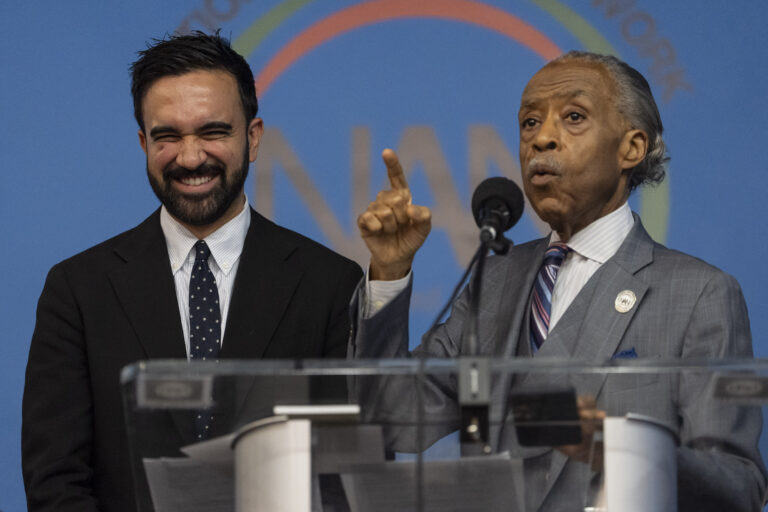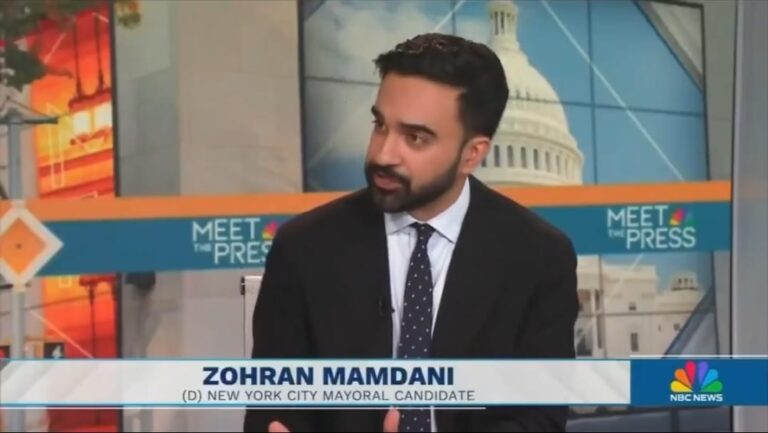Religious Affairs Minister Matan Kahana’s controversial kashrus reform plan was approved by the Knesset’s Religious Services Committee on Wednesday, clearing the way for a full vote in the Knesset.
Five MKs on the committee, headed by a secular Yisrael Beiteinu MK, voted in support of the bill, and only one voted against it – UTJ MK Uri Maklev.
“It’s a black day,” Maklev said. “You may be finished here, but I’m only now beginning the battle. This is not kashrus. You didn’t consider civilian rights [for reliable kashrus] or religious rights in Eretz Yisrael. We’ll reach every child in the state to inform them that your kashrus is completely fake!”
“The approved Kashrus reforms… were formed with the pursuers of religion and those seeking to destroy the Rabbanut,” the UTJ party stated. “The statements professing that the reforms will benefit the consumers are deceitful and lacking any foundation. The opposite is true – kashrus consumers will pay a heavy and painful price – financial and moral – on the serious harm to the kashrus system advanced by Kahana and Lieberman.”
Later on Wednesday, dozens of mashgichim in Tel Aviv protested against the reforms, which will lead to many of them losing their jobs.
Attorney Rafi Malachi said: “The reform will destroy kashrus and will financially harm you and all Israeli citizens. It won’t improve the level of kashrus, it will raise the cost of living and leave thousands of families hungry.”
בעקבות אישור הרפורמה בכשרות בוועדה: עשרות עובדי מערכת הכשרות מפגינים ברחוב אבן גבירול בתל אביב נגד השר כהנא – "זאת רפורמת הרס הכשרות. אלפי אנשים יפוטרו" @AkivaWeisz pic.twitter.com/tdY0ZhDY4e
— כאן חדשות (@kann_news) October 27, 2021
A number of senior Dati Leumi Rabbanim also protested against the kashrus reforms, writing a sharply worded letter against Religious Affairs Minister Matan Kahana and his reforms, and calling on MKs to vote against it.
The Rabbanim wrote in the letter that they met with Kahana and explained to him that it’s possible to significantly improve the kashrus system through three decisions, including the employment of mashgichim by the religious councils rather than by the establishments they are overseeing.
“[Kahana] heard our ideas but didn’t change anything in the plan, which has a goal of trampling the Rabbanut (like Lieberman and the left-wing MKs boast),” the letter states.
“We understood from him that he has no authority to change anything since he is obligated to parties that wish to uproot Judaism from Eretz Yisrael, to blur its Jewish identity and turn it into a state ‘of all citizens.'”

(YWN Israel Desk – Jerusalem)












5 Responses
For thousands of years, yidden have been able to observe kashruth without a huge Rabbanut supervised bureaucracy supervising hashgacha. There already are a range of privately supervised hashgachos, some providing much stricter supervision. If these mashgichim are competent, they will find positions in the private sector.
We all know this can’t happen in America. You know why? Because in America Kashrus is a private business, which is what it should be in Israel too. Why does anyone think it was ever a good idea to have the secular State of Israel finance the Kashrus of the frum? It always was a bad idea, and now it will have to come to an end. Baruch HaShem
The people making these reforms are doing it to destroy Yiddishkeit in EY.
Anyone arguing in favor of these reforms is either uninformed or EVIL
Gadolhadorah you seem to be a am haaretzt. What you have written its not truth.
and this persons making thos rules ar pigeaters and they dont care on Kashrut even the Primeminister
who calls him self Modern orthodox is a am haaretz allowing such things.and all the treifjags from Israel Beitenu
should go back to russia.This is Israel called a jewish state
Gadolhadorah – you are right, and at the same time you are terribly, terribly wrong. Yes, in chutz laaretz dedicated frum Jews have been able to keep kosher without anything akin to the Israeli Chief Rabbinate. But reliable kosher supervision has largely been limited to orthodox enclaves. Most Jews have little access to kosher food and rarely consume it. In Israel, the Chief Rabbinate has been able to make kosher food, and kosher food establishments, ubiquitous. It is the default. You can certainly (sadly) find un-kosher food in Israel, but you have to make an intentional effort to find it. And so, in Israel, all Jews, from the most to the least observant, generally eat kosher, even if unintentionally. This tremendous (though still imperfect) accomplishment is now in grave danger. This reform eviscerates the Israeli kashrut system and is replacing it with the kashrut model of chutz laaretz. And, in time, it might have the same terrible results.